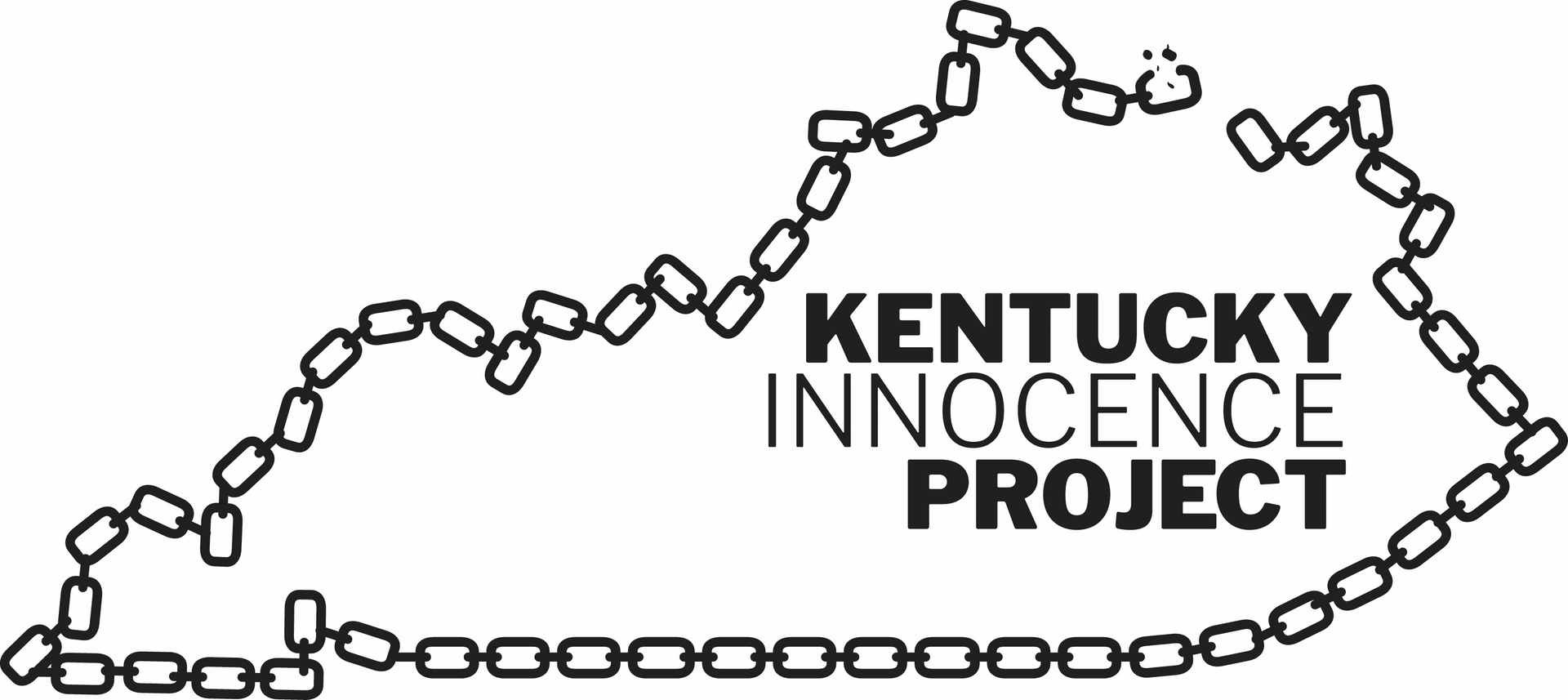Inadequate Legal Representation
Inadequate Defense
In a study of the first 255 people to be cleared by DNA evidence, 54 of them claimed that their wrongful conviction was the result of ineffective assistance of counsel. Of those claims, 87 percent were denied; the court sided with the government. If DNA testing hadn’t come along, they might still be sitting in prison. According to the National Registry of Exonerations, in roughly 1 in 5 cases where someone was wrongfully convicted and ultimately exonerated, an inadequate legal defense was a contributing factor.
Overworked lawyers may fail to investigate, call witnesses or prepare for trial – and these types of omissions increase the likelihood that an innocent person may be convicted. When a defense lawyer doesn’t do his or her job, the defendant suffers. Shrinking funding and access to resources for public defenders and court-appointed attorneys has made the problem worse in the past decades.
The Innocence Project has reviewed convictions overturned by DNA testing and found that inadequate defense can be a major contributing factor. In the worst cases of inadequate defense, lawyers were found to have been sleeping, drunk, and/or incompetent at both the trial level and on appeal. Innocent defendants are convicted or plead guilty in this country with less than adequate defense representation. In the some of the worst cases, lawyers have:
- slept in the courtroom during trial
- been disbarred shortly after finishing a death penalty case
- failed to investigate alibis
- failed to call or consult experts on forensic issues
- failed to show up for hearings
The Sixth Amendment guarantees criminal defendants the right to counsel. But, for that right to be meaningful, a lawyer must meet “at least the minimum standard of competence” under what is known as the Strickland Standard. Criminal defendants are not entitled to a gold standard of representation. But they should never be convicted when their representation falls below the Strickland standard, which is “an objective standard of reasonableness.” Representation that fails to meet the requirements of Strickland can take many different forms. It can range from extreme cases in which lawyers miss important court dates, fail to make necessary filings, or are even intoxicated during court proceedings, to more subtle cases where lawyers make mistakes that, although innocent, can have an impact on a client’s case.
The National Legal Aid and Defender Association identified five problems that continue to pose a problem to public defense in the United States. As NLADA identifies, the problem with ineffective assistance of counsel is not only inadequate courtroom performance, but the failure to conduct pretrial preparation to make sure that evidence is collected, witnesses are located, and a case is fully prepared for trial. These problems are frequently the result of excessive caseloads and lack of funding for criminal defense that prevents criminal counsel from devoting full preparation for trial.
To better understand how inadequate funding for public defenders increases the likelihood of wrongful convictions go to this research:
Investigating Innocence.
